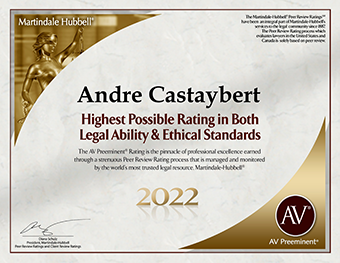October 5, 2021-
Facebook is not “off the hook” after the Third Circuit ruled Section 230 of The Communications Decency Act does not protect the social media giant from liability in the use of a news anchor’s image in ads for adult dating services on its platform. Hepp v. Facebook, Inc., No. 20-2725 (3d Cir. 2021).
Karen Hepp, a morning news anchor for Fox 29’s Good Day Philadelphia, was made aware by colleagues in 2018 that her picture was appearing in ads for erectile dysfunction products and adult dating services on Facebook. The images were posted without Hepp’s knowledge or approval, nor was she receiving compensation for the use of her image.
In her suit against Facebook, Ms. Hepp alleged violations of her right to control her public image and likeness under Pennsylvania law, made more pertinent by the fact her face is well recognized by the public in her professional capacity as a television news anchor.
Though internet providers like Facebook are generally protected by the Communications Decency Act from liability stemming from third-party content, the Third Circuit ruled in favor of Ms. Hepp, citing her intellectual property rights and status as a public figure in the section 230 carve out. The fact the image was used for the sale of “prurient” goods on Facebook without Hepp’s permission or compensation helped bolster the narrow 2:1 opinion on the Court. The majority opinion held section 230 did not bar the state intellectual property claims, while the dissent did not see them as falling under the federal statute.
The case has brought the issues of free speech in new media and intellectual property to the foreground, and has attracted the attention of The Electronic Frontier Foundation (in support of Facebook) and The Screen Actors Guild (showing support for Ms. Hepp’s interest in controlling the use of her image and likeness). The Third Circuit’s split away from a Ninth Circuit decision on the same issue could bring Ms. Hepp’s case as far as the Supreme Court.
Click here to read the original article from the Associated Press.
Click here to read the opinion of the Third Circuit. Hepp v. Facebook, Inc., No. 20-2725 (3d Cir. 2021).
Click here to read how AC-Counsel can help you in matters of Intellectual Property.







